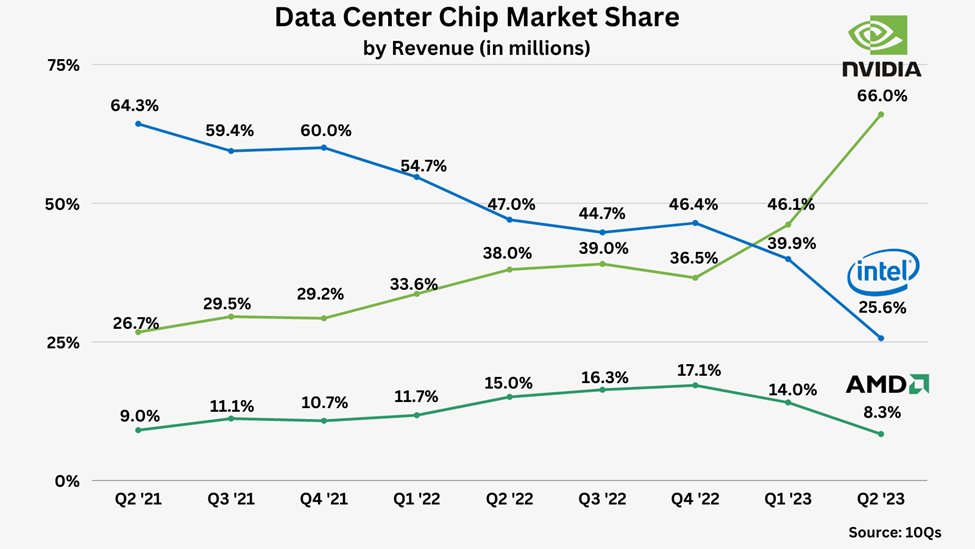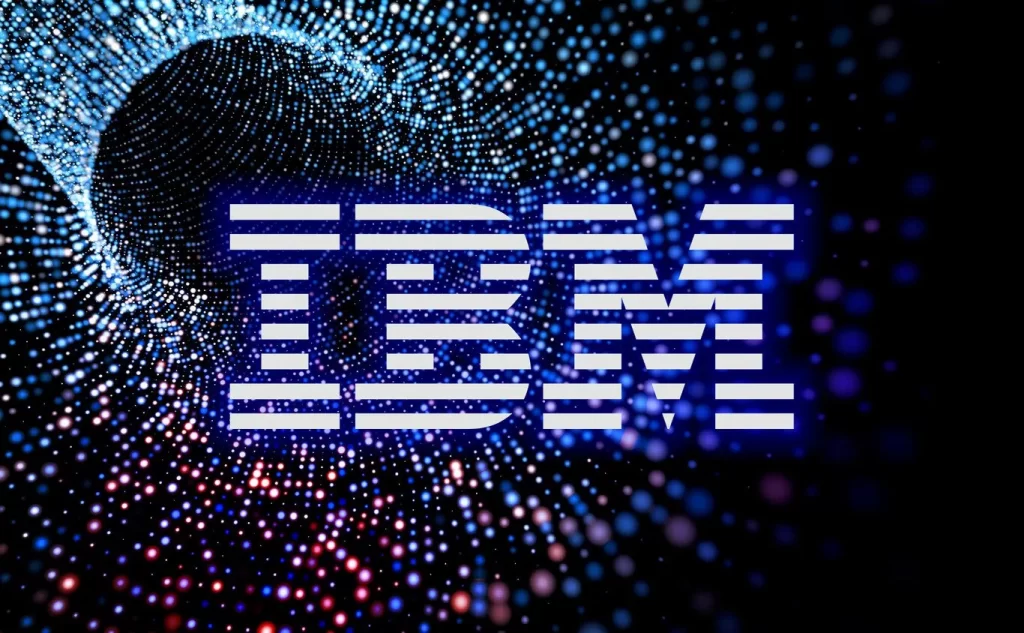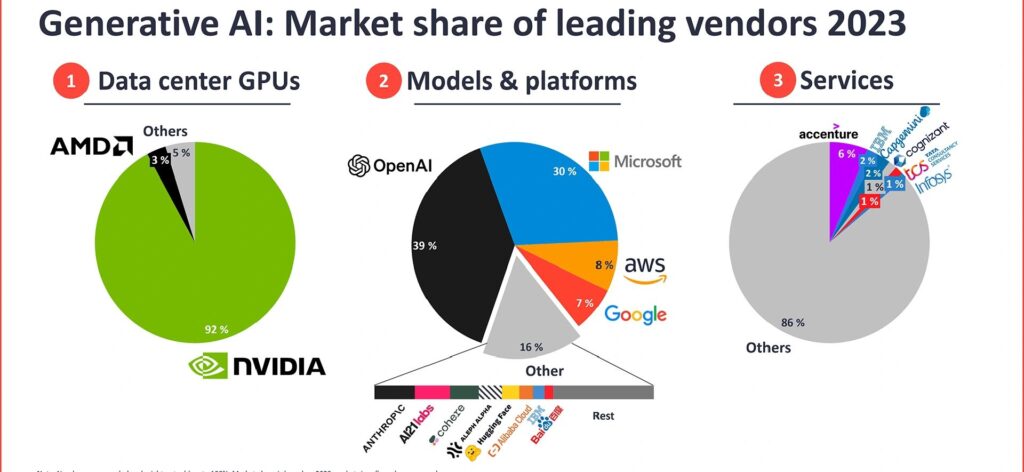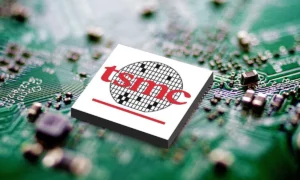Introduction
In the ever-evolving realm of artificial intelligence, generative AI (Gen AI) has emerged as a pivotal technology, enabling machines to produce content that mimics human creativity and intelligence. From generating art and music to crafting text and even developing new product designs, generative AI has shown immense potential across various industries. As this technology continues to mature, understanding Which Company Leads in Generative AIgenerative AI becomes crucial. In this blog post, we delve into the market share analysis of leading vendors in the generative AI (Gen AI) space for the year 2023 across different segments.
“Generative AI is not a replacement for human creativity, but rather a tool that can augment and enhance it”
~Sam Altman, CEO, OpenAI
Follow us on Linkedin for everything around Semiconductors & AI
Which Company Leads in Generative AI : Data Center GPUs

The data center chip market share is inlcusive of GenAI, but also others form of computing.
a. Nvidia: 92%
Undoubtedly, Nvidia dominates the data center GPU market for generative AI (Gen AI) applications with an impressive 92% market share.
Nvidia GPUs have long been recognized for their superior performance in deep learning tasks. It is making them the go-to choose for many organizations deploying generative AI solutions.
b. AMD: 3%
AMD holds a smaller share of the market compared to Nvidia, capturing only 3% of the data center GPU segment for generative AI.
Despite this, AMD’s GPUs have seen advancements in recent years, offering competitive alternatives to Nvidia’s offerings.
c. Others: 5%
Various other players contribute to the remaining 5% of the market share in data center GPUs for generative AI applications.
While they may not hold significant individual shares, collectively, they add diversity to the market and cater to specific niches or preferences.
Read More: China Creates World’s Most Energy-Efficient AI Chips for Mobile Devices – techovedas
Which Company Leads in Generative AI: Models and Platforms:

a. OpenAI: 39%
OpenAI emerges as the leader in models and platforms for generative AI, capturing a substantial 39% market share. Known for its groundbreaking research and development in AI.
OpenAI’s models such as GPT have set benchmarks in natural language processing and other generative tasks.
b. Microsoft: 30%
Microsoft secures the second position with a commendable 30% market share in models and platforms for generative AI.
Leveraging its vast resources and research capabilities, Microsoft offers a range of AI tools and frameworks that cater to diverse generative tasks.
c. AWS: 8%
Amazon Web Services (AWS) holds an 8% market share in the segment of models and platforms for generative AI.
With its suite of AI services and infrastructure offerings, AWS provides scalable solutions for deploying generative models in various applications.
d. Google: 7%
Google, a key player in the AI landscape, captures a 7% market share in models and platforms for generative AI.
With its extensive experience in machine learning and deep neural networks, Google continues to innovate in generative technologies.
e. Others: 16%
Apart from the major players mentioned above, there exist several other companies.It is contributing to the models and platforms segment of the generative AI market.
These players offer specialized solutions, niche platforms, or cater to specific industry verticals.
Read More: What’s the Dynamic Relationship Between Elon Musk’s Ventures and NVIDIA – techovedas
Which Company Leads in Generative AI: Services

a. Accenture: 6%
Accenture leads the services segment with a 6% market share in providing generative AI services.
As a global consulting and technology services company, Accenture assists organizations in implementing generative AI solutions to drive innovation and business outcomes.
b. IBM: 2%
IBM secures a 2% market share in generative AI services, leveraging its expertise in AI research and enterprise solutions.
IBM’s offerings span from consulting services to the development of custom generative AI solutions tailored to client needs.
c. Capgemini: 2%
Capgemini, a multinational corporation specializing in consulting, technology, and outsourcing services, holds a 2% market share in generative AI services.
The company assists clients in harnessing generative AI technologies to enhance operational efficiency and customer experiences.
d. Others: 86%
The services segment is characterized by a diverse ecosystem of service providers, with numerous companies. They are offering generative AI services to organizations across various industries.
While individual players may hold smaller market shares, collectively. They cater to a significant portion of the market demand for generative AI services.
Market share analysis of leading vendors in the generative AI for 2023
| Segment | Vendor | Market Share |
|---|---|---|
| Data Center GPUs | Nvidia | 92% |
| AMD | 3% | |
| Others | 5% | |
| Models and Platforms | OpenAI | 39% |
| Microsoft | 30% | |
| AWS | 8% | |
| 7% | ||
| Others | 16% | |
| Services | Accenture | 6% |
| IBM | 2% | |
| Capgemini | 2% | |
| Others | 86% |
This table provides a clear overview of the market share distribution among the leading vendors in each segment of the generative AI market in 2023.
Read More: –5nm Chips: Huawei Tests Brute Force Method to Circumvent US Restrictions – techovedas

Image Credits: IoT analytics
Conclusion
In conclusion, the landscape of generative AI in 2023 is shaped by dominant players such as Nvidia, OpenAI, and Accenture, alongside a myriad of other companies contributing to different segments of the market.
As generative AI continues to GPUs, models, and services evolve and permeate various industries, the competition among vendors is expected to intensify, driving further innovation and advancements in the field.
Organizations looking to leverage generative AI, GPUs, models, and services technologies must navigate this dynamic landscape to choose the right partners and solutions that align with their objectives and requirements.




